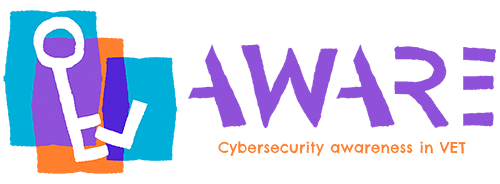Unit 1: Creating Passwords

Passwords are a critical part of online security. They act as the first line of defense against unauthorized access to your personal and sensitive information. Unfortunately, many people still underestimate the importance of password management, which can lead to devastating consequences, including identity theft, financial loss, and reputational damage.
To ensure the security of your online accounts, it’s crucial to follow best practices for password management. Here are some tips to help you create and keep strong passwords:
- Use complex passwords: A strong password is one that is difficult for others to guess or crack. It should be at least 12 characters long and include a mix of uppercase and lowercase letters, numbers, and special characters.
- Avoid using easily guessable information: Never use personal information such as your name, date of birth, or address as part of your password. Hackers can easily guess this information and use it to gain access to your accounts.
- Use a unique password for each account: Avoid using the same password for multiple accounts. This way, if one account is compromised, your other accounts will still be safe.
- Change your passwords regularly: Change your passwords every few months to ensure that they remain secure. If you suspect that one of your accounts may have been compromised, change the password immediately.
- Use a password manager: A password manager is a tool that can help you generate and store strong passwords. It can also automatically fill in your login credentials for you, saving you time and effort.
- Enable two-factor authentication: Two-factor authentication provides an extra layer of security by requiring users to provide two forms of identification, such as a password and a unique code generated by an authentication app.
By following these tips, you can help ensure the security of your online accounts and protect your sensitive information from cyber threats. Remember, a strong password is the first line of defense against hackers, and taking password management seriously is crucial for online security.

Practical example
Chris got a new job and is setting up an e-mail account with the address chris.thinpaper@awareproject.eu. When asked for a password, with the requirement of a combination of uppercase and lowercase characters, he/she is worried about forgetting it and thus considering the password “*cHr1s!”. The chosen password is acceptable as it contains characters that are difficult to predict. However, it has one weakness: a significant portion of it is related to the e-mail address, making it somewhat more discoverable.
What could Chris have done to improve the password? He/she could have used a password manager to generate and store a suitable password and change it after a few months. Of course, Chris was concerned about forgetting the password or losing the password manager configuration and thus the password(s). He/she should have kept in mind that there are methods to recover or change a forgotten password. These methods typically involve using another verified e-mail account to receive a temporary password reset link, providing an alternative phone number for the same purpose, or answering a security question to verify identity in case of a password reset request.
Nevertheless, one should not worry excessively about forgetting or losing a password, as it is usually possible to recover it. No matter how inconvenient the password recovery process may be, it is always preferable to safeguard our privacy and security.





